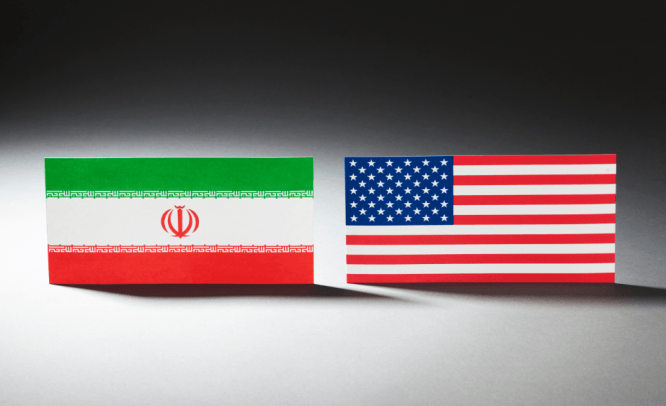Suparna Goswami Bhattacharya
However, the deal may take time to come through as there are objections from various quarters
June 16, 2016: Iran has finalised a deal with Boeing to buy passenger planes from the US aircraft manufacturer as part of an ongoing effort to upgrade its civil aircraft fleet.
Though the deal has not been officially announced, it is being said that the plan is to buy around 100 aircraft.
Binit Somaia, director (South Asia) at Centre for Asia Pacific Aviation (CAPA), a consulting and research practice firm, says, “The deal appears to be approaching an advanced stage but given the sensitivity around this transaction, its finalisation will only be known once there is an official announcement.”
According to Paul Lyons, strategy director, International Bureau of Aviation (IBA), says that while the announcement of an intention to enter a deal is likely soon, it will probably take longer to finalise an agreement similar to previously announced deals with Airbus for 118 aircraft and ATR for 40 aircraft.
Somaia expects Iran to split its aircraft order fairly between Airbus and Boeing. Since the order with Airbus is for 118 aircraft, Boeing could expect to receive a similar order, subject to a mix of wide body and narrow body aircraft, states Somaia.
If completed, the agreement would potentially be worth billions of dollars to Boeing and amount to the most prominent commercial transaction between an American company and Iran.
The obstacles
However, there are obstacles. Iran’s supreme leader, Ayatollah Ali Khamenei has often described the US as a threat to his country. Even within the US, many lawmakers are opposed to any kind of reconciliation with Iran.
Additionally, there is a ban on use of dollars for trade with Iran. “Although aircraft transactions are generally denominated in US dollars, due to the restrictions which apply to the use of the currency, Boeing may make an exception and contract in Euros,” adds Somaia.
The news has prompted strong objection from Congress. “To say we have national security concerns would be an understatement,” US Rep. Peter J. Roskam said. “Boeing and the Islamic Republic should know the US Congress will not look favourably upon any deal that jeopardises the safety and security of the American people.”
Roskam expressed concerns over an “iconic American company doing business with terrorism’s central bank”.

